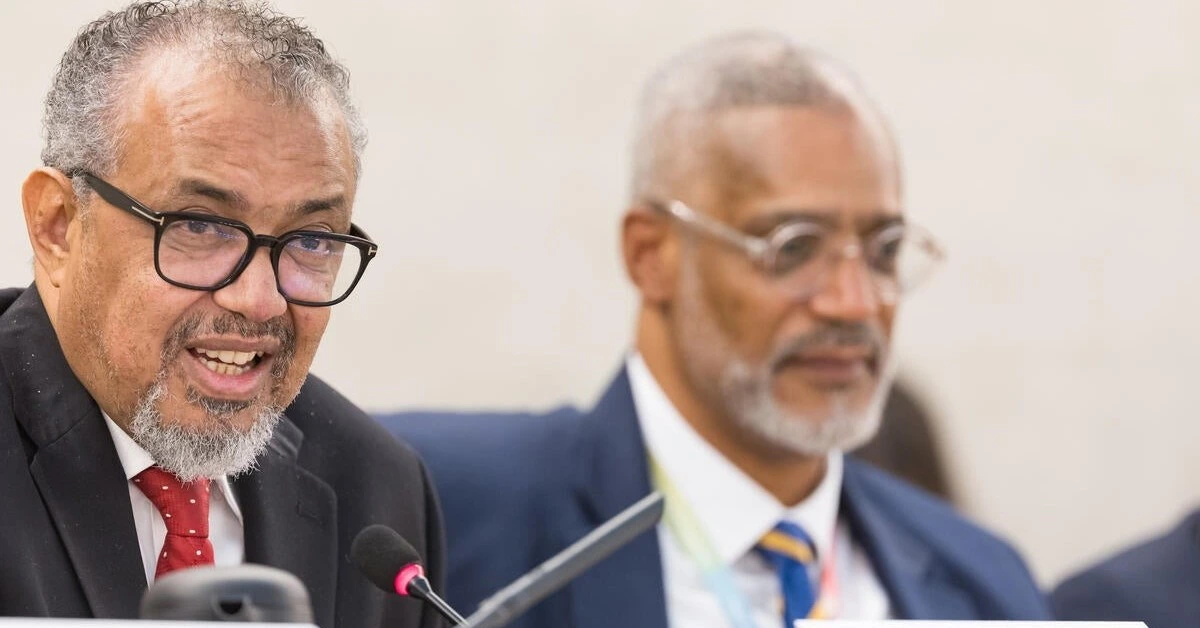
SWITZERLAND – The World Health Organization (WHO) will receive a 20% increase in membership contributions from its member states as part of a revised budget plan.
This adjustment comes in response to major funding challenges, especially with the upcoming withdrawal of the United States, previously WHO’s largest financial backer. Membership fees, also known as assessed contributions, account for a small portion of WHO’s budget.
Most of its funding comes from voluntary donations by countries, foundations, and private donors. However, the increase in member fees will now generate an extra US $90 million each year, providing a more stable income stream.
On May 20, WHO member states approved a reduced budget of US $4.2 billion for 2026–2027, down from the earlier proposed US $5.3 billion and significantly lower than the US $6.8 billion allocated for 2024–2025. The budget cut was attributed to financial constraints across global economies.
The U.S. has played a central role in WHO funding, contributing US $1.28 billion under former President Joe Biden, around 12% of WHO’s total budget.
In contrast, China contributed US $157 million. With President Donald Trump returning to office and cutting back on foreign aid, the U.S. has pulled back support for the WHO, skipping participation in the 78th World Health Assembly in Geneva, where the new fee hike was approved.
Despite economic headwinds, WHO praised the funding increase as a strong show of global solidarity and commitment to public health.
The organization has long sought to diversify its donor base and reduce reliance on a small group of traditional contributors.
This latest fee increase continues a strategy launched in 2017 to make membership fees cover half of WHO’s core budget by 2030. Additionally, WHO announced a separate US $170 million fundraising success during the assembly.
Switzerland, Sweden, and Angola made notable contributions, joined by foundations such as the Novo Nordisk Foundation (US $57 million) and the Children’s Investment Fund Foundation (US $13 million).
China, expected to become WHO’s top donor post-U.S. exit, also pledged funds, though the exact amount remains unconfirmed.
XRP HEALTHCARE L.L.C | License Number: 2312867.01 | Dubai | © Copyright 2025 | All Rights Reserved